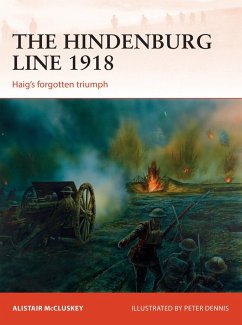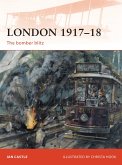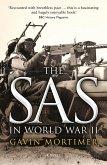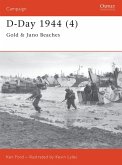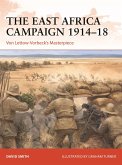A highly illustrated study of the pivotal campaign that saw the Allied armies led by Field Marshal Haig break through the German Hindenburg Line in 1918, published in its centenary year.
From 26 September until 8 October 1918, the Allied armies in France launched their largest ever combined offensive on the Western Front of World War I. The British, French, American and Belgian armies launched four attacks in rapid succession across a 250km front between the Argonne and Flanders. At the centre of this huge assault the British, First, Third and Fourth Armies, led by Field Marshal Sir Douglas Haig, breached the formidable Hindenburg Line defences and drove the Kaiser's Army from its last fully prepared defensive position west of the German border.
Alistair McCluskey explores the impact of this defeat and its shattering effect on the Germans, with their army admitting for the first time that an armistice was required to save it from annihilation. Although these decisive results were to a large extent consequences of the battle of the Hindenburg Line, the subsequent controversies over the conduct of the war meant that it went unheralded and has remained Haig's forgotten triumph.
Hinweis: Dieser Artikel kann nur an eine deutsche Lieferadresse ausgeliefert werden.
From 26 September until 8 October 1918, the Allied armies in France launched their largest ever combined offensive on the Western Front of World War I. The British, French, American and Belgian armies launched four attacks in rapid succession across a 250km front between the Argonne and Flanders. At the centre of this huge assault the British, First, Third and Fourth Armies, led by Field Marshal Sir Douglas Haig, breached the formidable Hindenburg Line defences and drove the Kaiser's Army from its last fully prepared defensive position west of the German border.
Alistair McCluskey explores the impact of this defeat and its shattering effect on the Germans, with their army admitting for the first time that an armistice was required to save it from annihilation. Although these decisive results were to a large extent consequences of the battle of the Hindenburg Line, the subsequent controversies over the conduct of the war meant that it went unheralded and has remained Haig's forgotten triumph.
Hinweis: Dieser Artikel kann nur an eine deutsche Lieferadresse ausgeliefert werden.

